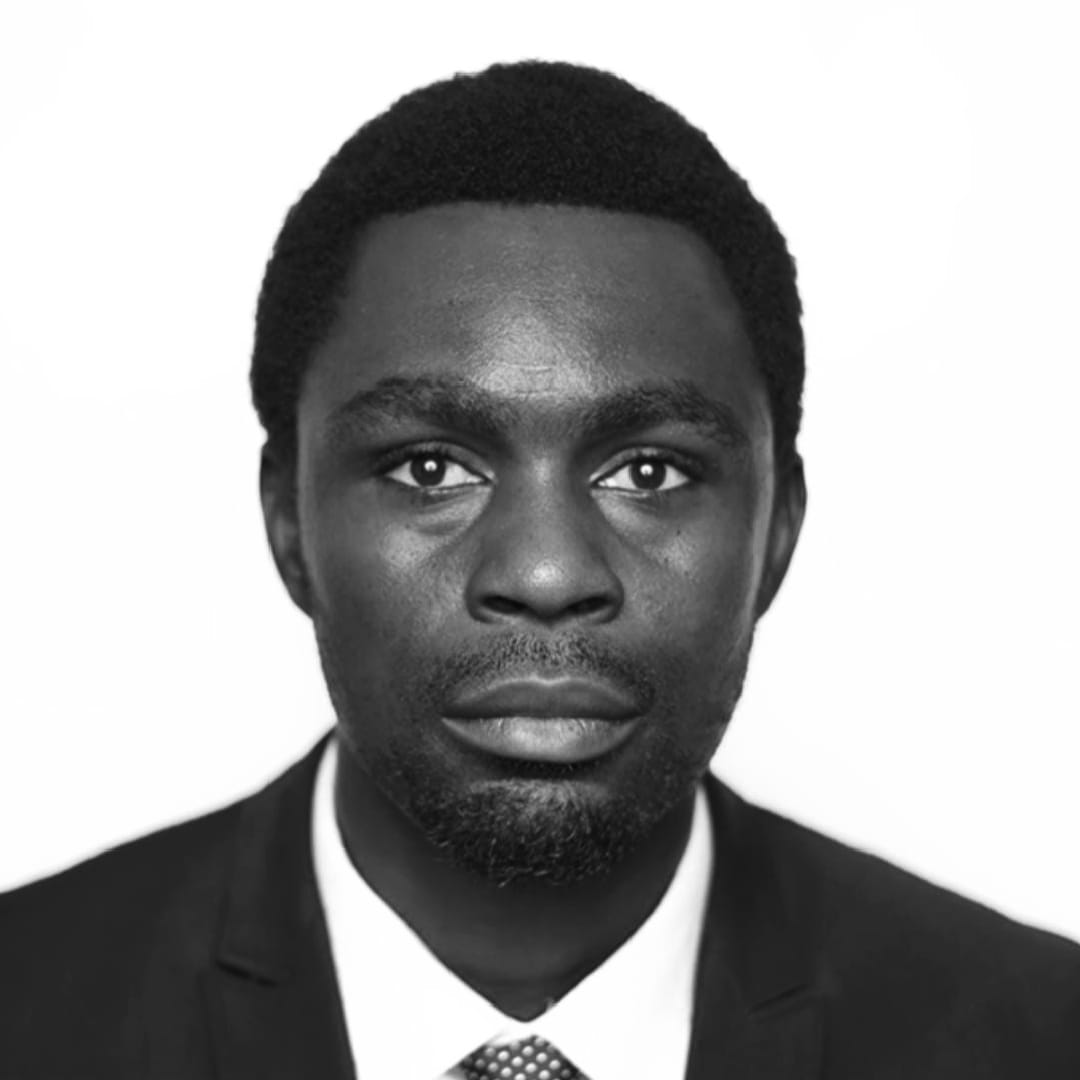- Arts/Culture & Books
- No Comment
The Cruel Rise In Public University Costs And The Disaster Ahead

14th August 2025, NewsOrient, Education News, Law And Society, Arts, Books,
By John Chukwu Anyim
Once upon a time, public universities in Nigeria were the nation’s equaliser, the one place where the son of a poor farmer and the daughter of a roadside food seller could sit in the same lecture hall as the children of ministers and governors.
Admission was based on merit, not money. The fees were token amounts, affordable to almost every household, and the system though imperfect, held a promise: that education could lift the poor out of poverty and give every Nigerian child a fair shot at life.
That promise is being broken in broad daylight. Today, the gates of our public universities are no longer guarded by merit but by money. The tuition fees, “development” levies, laboratory charges, departmental dues, and hostel rents have skyrocketed to levels that choke working-class families.
Even in federal universities supposedly subsidised by government, parents now face bills that rival those of some lower-tier private institutions. What used to be a lifeline is now a luxury.
A deliberate shrinking of opportunity
We must call this what it is: educational exclusion. It is not an accident, it is policy. By underfunding public universities and forcing them to raise revenue through backdoor charges, the government is quietly withdrawing from its responsibility to educate its people.
This is not a budgeting error; it is a decision, a decision to hand education over to market forces and let the poor fend for themselves.
The bitter irony is that many of our current political leaders are beneficiaries of an era when education in Nigeria was either free or heavily subsidised. Some studied abroad on government scholarships. Others attended universities here at a time when tuition fees were so low they could be paid with a weekend’s casual labour. They walked through open gates and are now slamming those gates shut behind them. That is not leadership, it is betrayal.
The cost of exclusion
The consequences are not abstract. Every time a student drops out because of high fees, we lose more than just one person’s potential, we lose a future teacher, doctor, engineer, scientist, or entrepreneur. We lose the taxes they would have paid, the jobs they would have created, the inventions they might have brought to life
.
Worse still, the social cost will be devastating. When education is priced out of reach, the streets fill with frustrated, underemployed youths who feel the system was never built for them. And when people believe they have no stake in a society, they stop protecting it. Rising crime, violent extremism, cyber fraud, political thuggery, all these thrive in the breeding ground of mass exclusion.
The illusion of “low” tuition
Some government officials like to defend themselves by claiming that public university tuition is still “low” compared to private universities or foreign institutions. But this argument is dishonest. It ignores the reality of Nigeria’s crushing economic conditions: double digit inflation, stagnant wages, high unemployment, and the ever-rising cost of living.
For a parent earning ₦50,000 a month, a tuition of ₦150,000 plus accommodation, textbooks, and daily living expenses for a child is simply unaffordable. It means selling land, taking loans, or sacrificing the education of other children. It means choosing between feeding the family and paying for school. No family should have to make such a choice in a country that claims education is a right.
Lessons from history and the world
Countries that have lifted themselves out of poverty from South Korea to Finland did not do so by making education expensive. They did it by heavily investing in public education, making it not just affordable but accessible to all. The lesson is clear: the cheapest thing a nation can do is educate its people; the most expensive thing it can do is fail to educate them.
Nigeria has its own history to learn from. In the 1970s and early 1980s, when oil revenues were high, the government funded universities generously. Students enjoyed subsidised meals, free or cheap accommodation, and quality teaching resources. This investment produced many of the skilled professionals who built our industries, hospitals, and public institutions. Today, rather than build on that foundation, we are dismantling it brick by brick.
The fight we must have now
This is not a fight for students alone. It is a fight for every Nigerian who believes that the nation’s future depends on the education of its youth. Civil society, parents, unions, alumni associations, and even the private sector must demand urgent change.
We must insist that government funding for education meets the UNESCO-recommended benchmark of 15-20% of the national budget. We must demand transparency from universities about how funds are spent. And we must push for targeted subsidies, bursaries, and scholarships for students from low-income backgrounds, not as charity, but as an investment in our collective survival.
A warning to those in power
If our leaders think this crisis can be ignored, they are mistaken. A society that locks out its young from education is building a time bomb. The frustration of the excluded will not remain quiet forever. The walls of gated estates and the convoys of tinted SUVs will not shield anyone from the consequences of decades of neglect.
Nigeria stands at a crossroads: choose to invest in the minds of its youth and secure its future, or continue pricing education out of reach and watch the foundations of the nation crumble.
History will judge those who sold the people’s future for short-term savings and budget tricks. And when that judgment comes, no excuse will be enough.
— John Chukwu Anyim is a Social Commentator
~ Published By NewsOrient Network
For News, Inter
views, Special Events Coverage, Advertisements, Corporate Reports, etc., Contact:
Email: Newsorientng@gmail.com
Website: https://newsorientng.com
Phone: +2348023165410; +2348064041541
